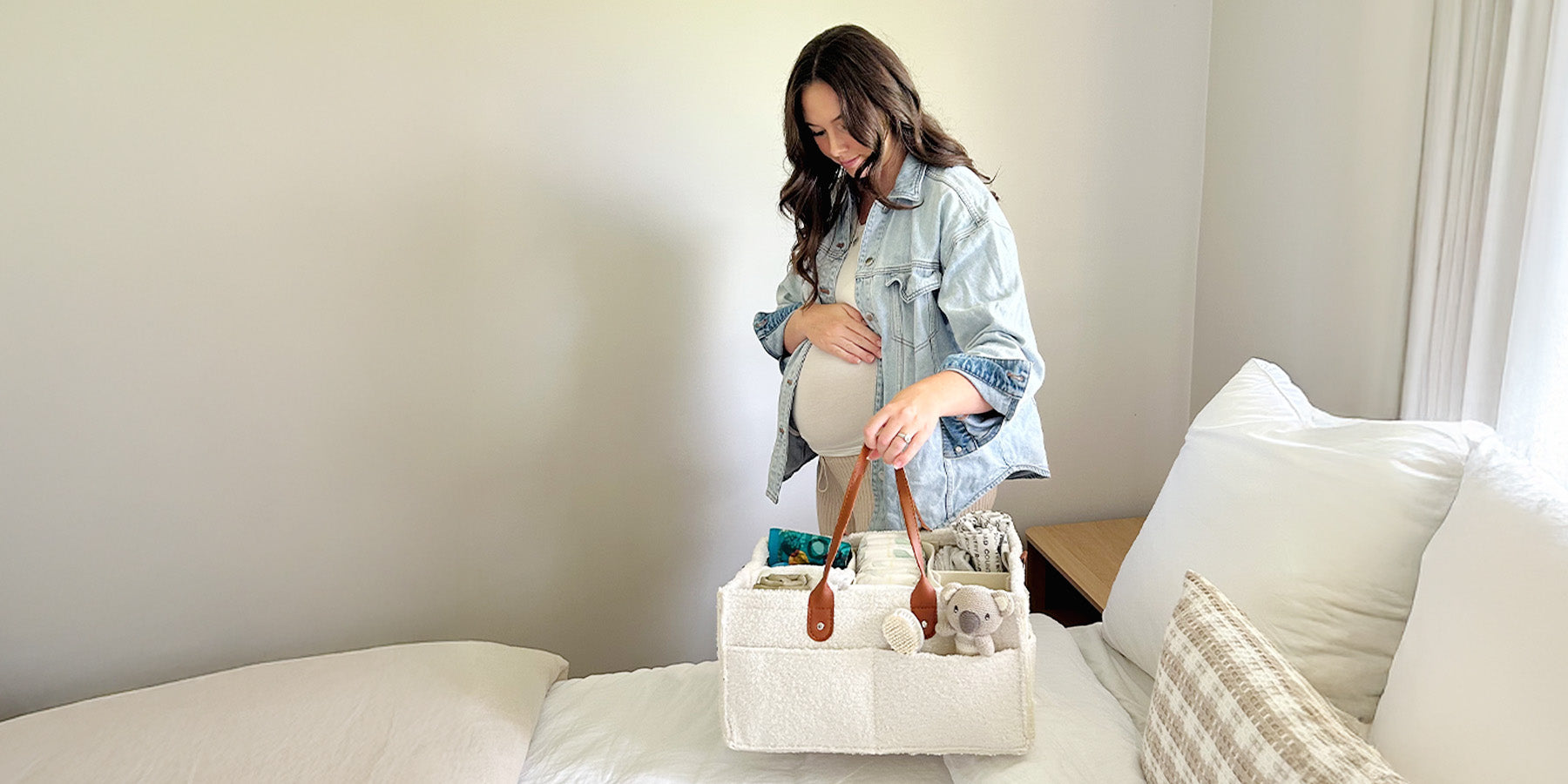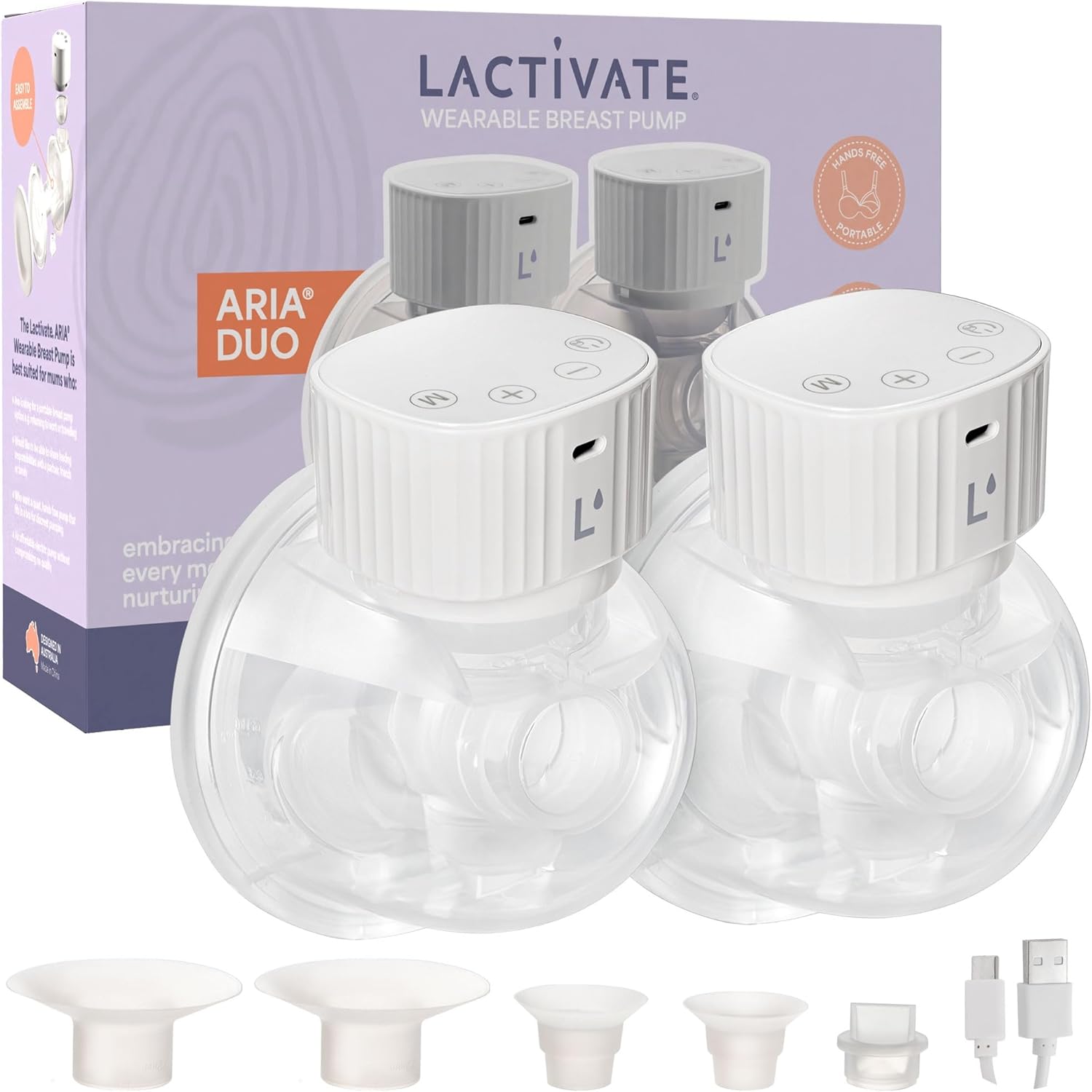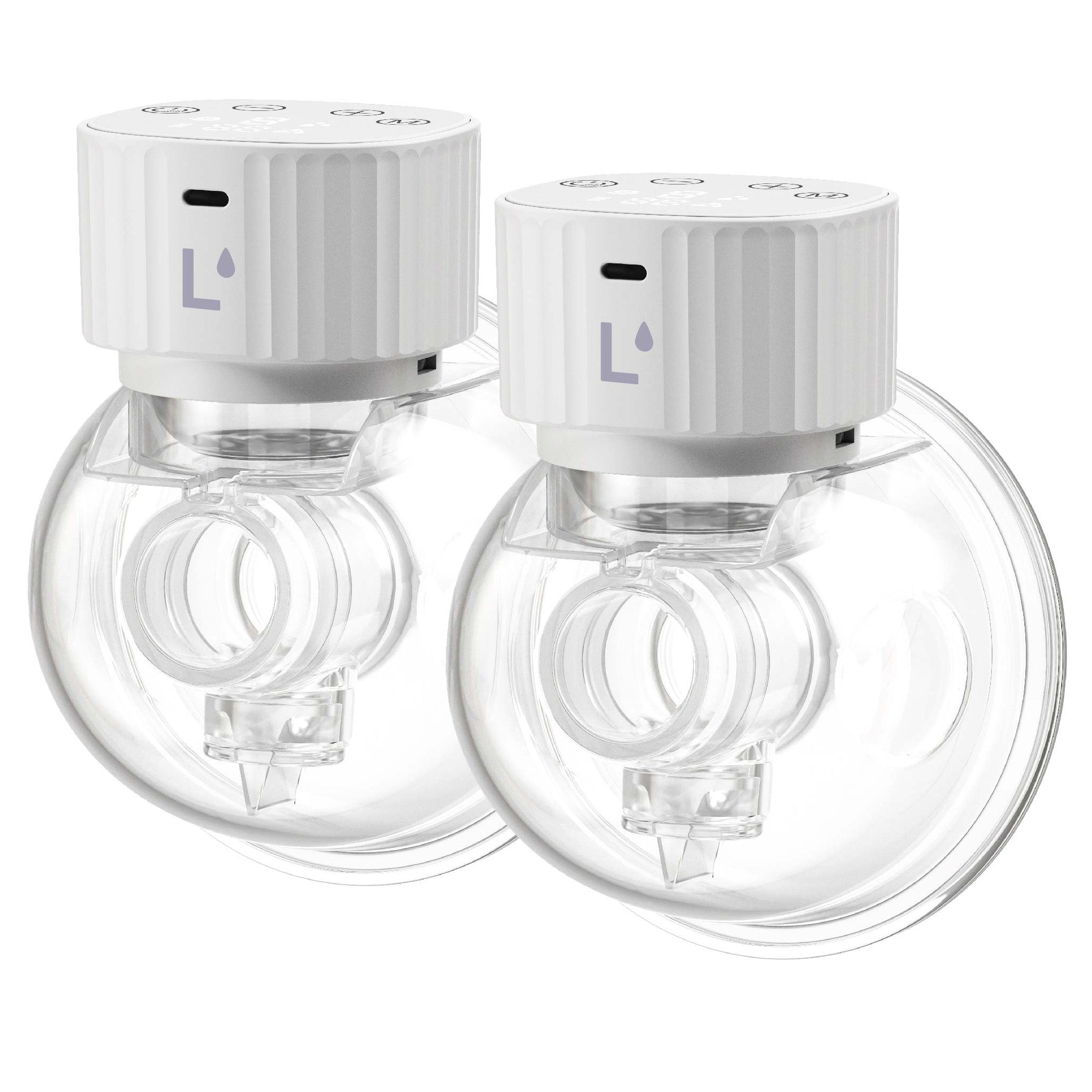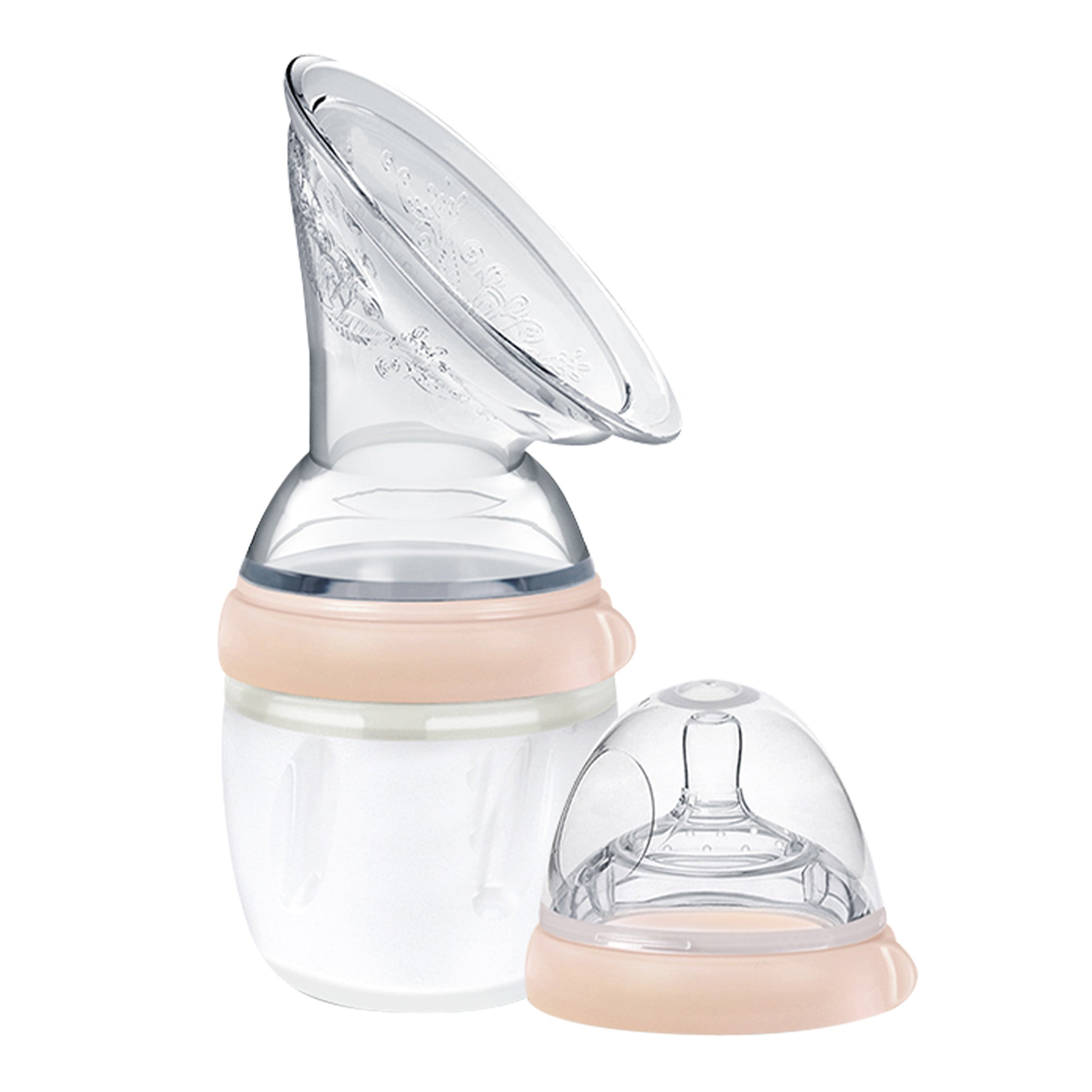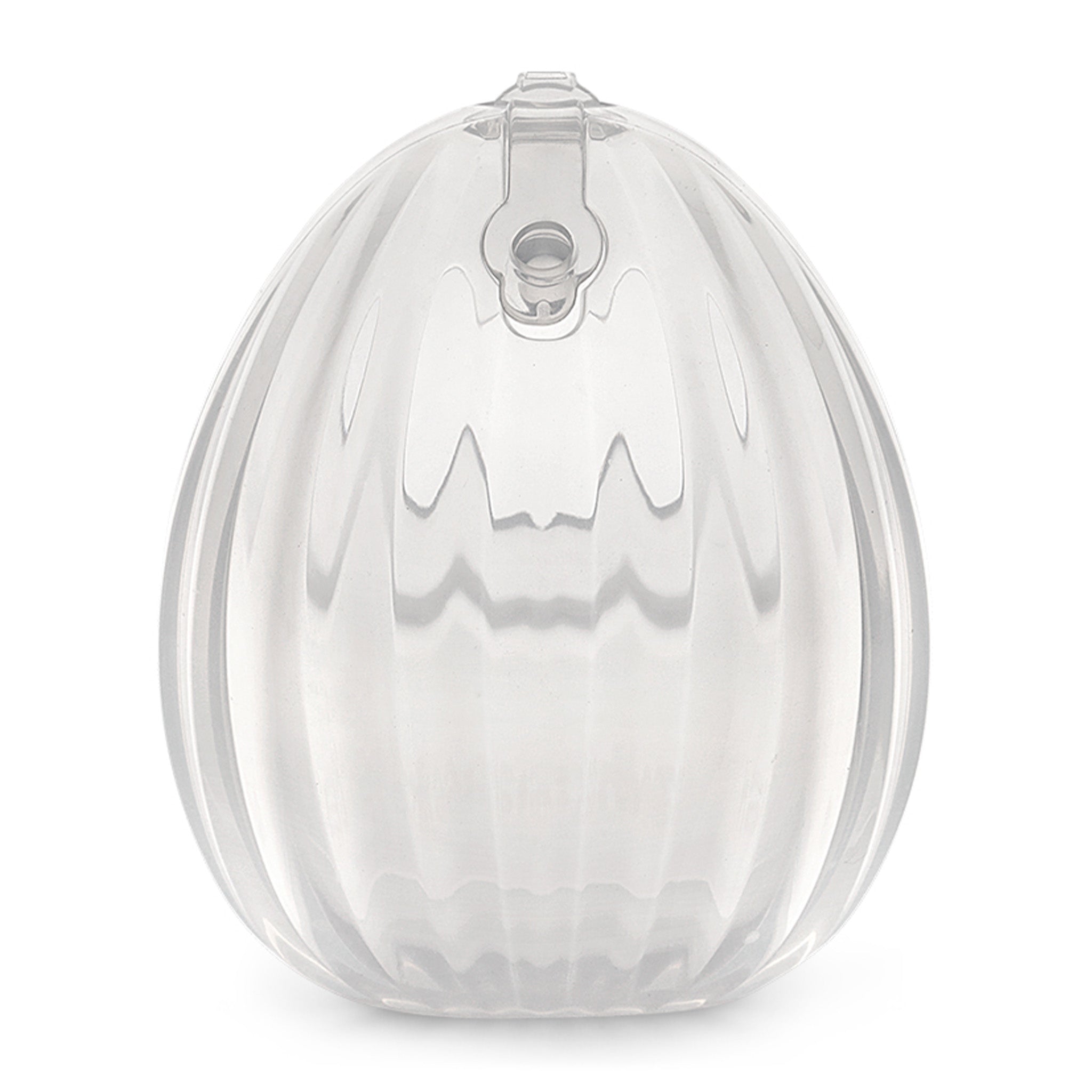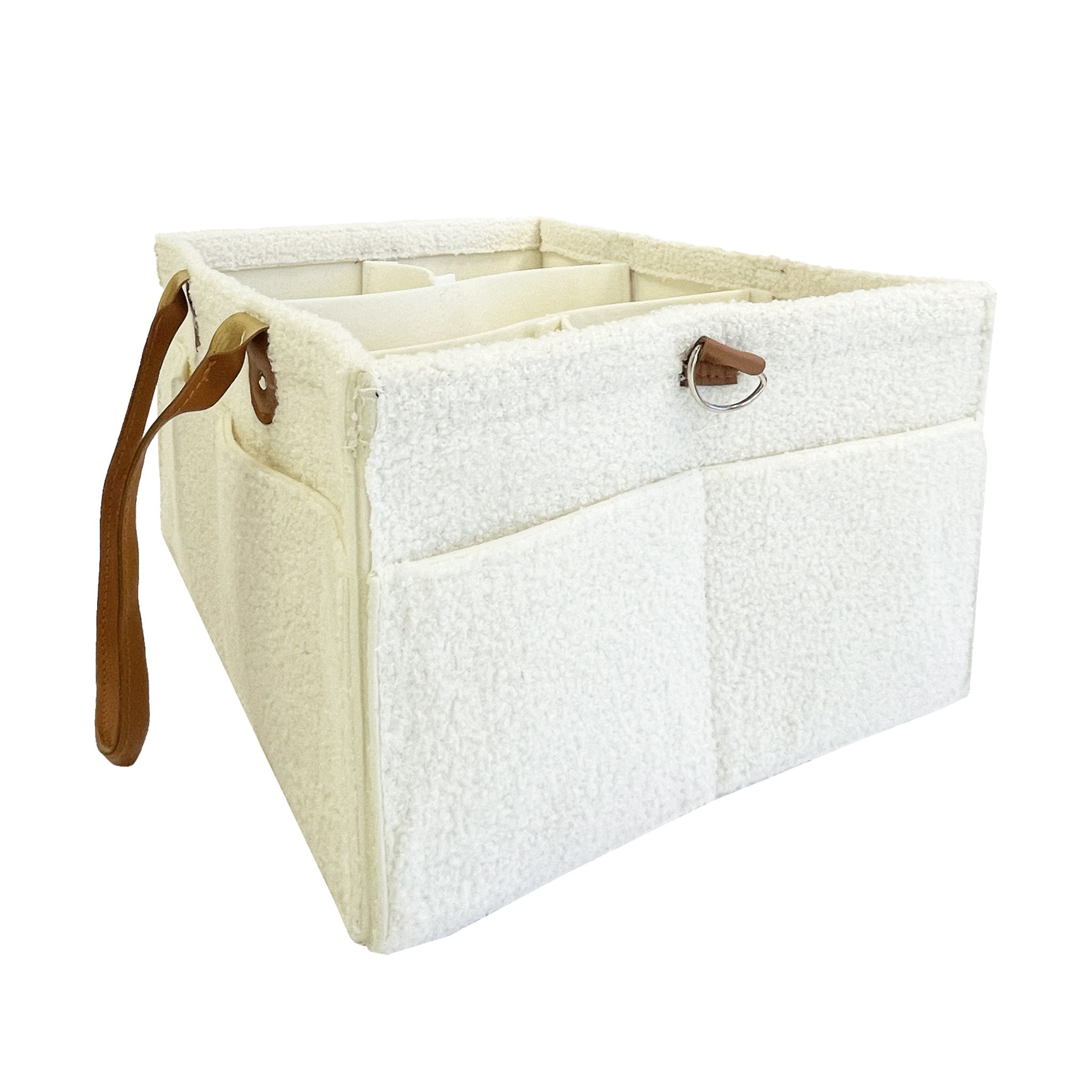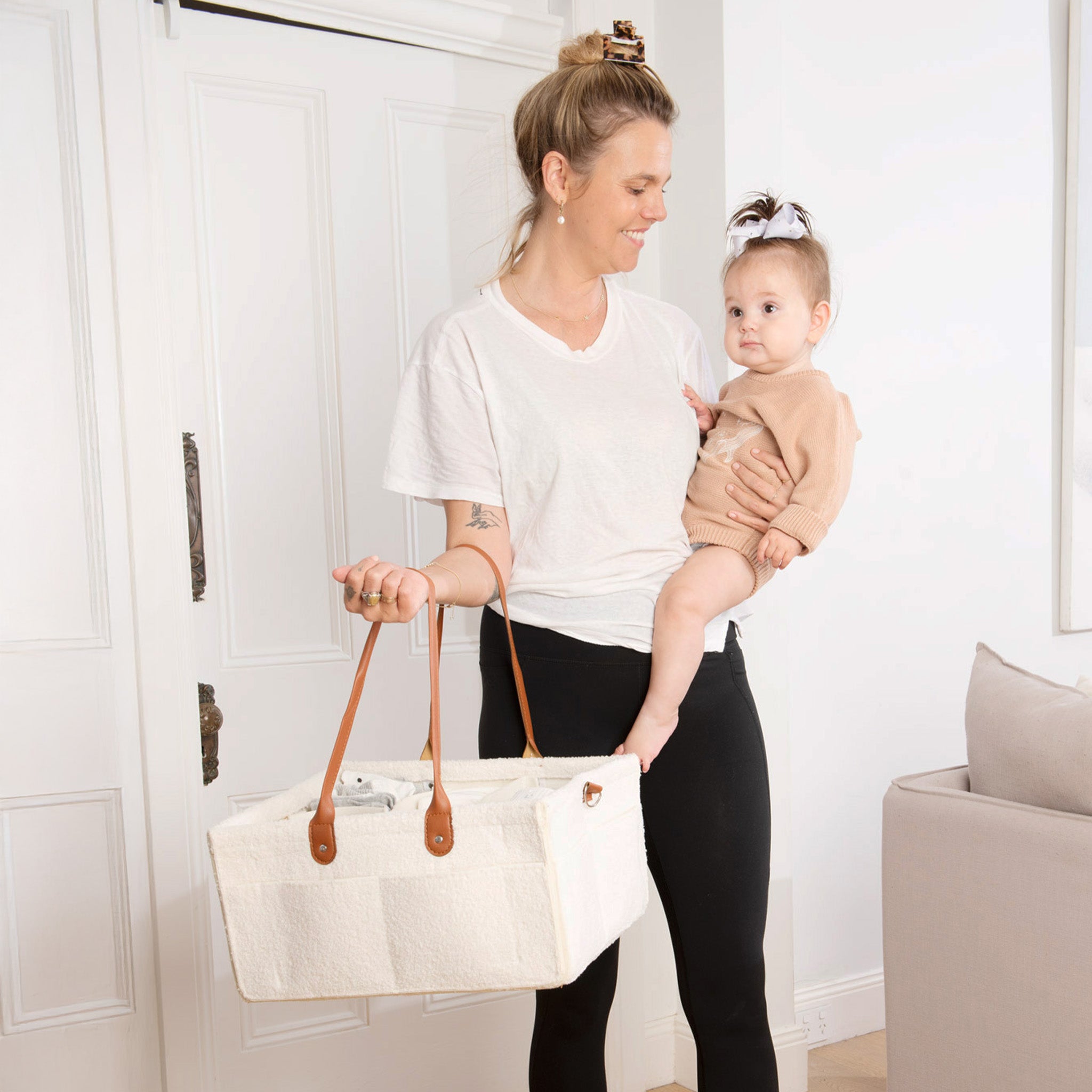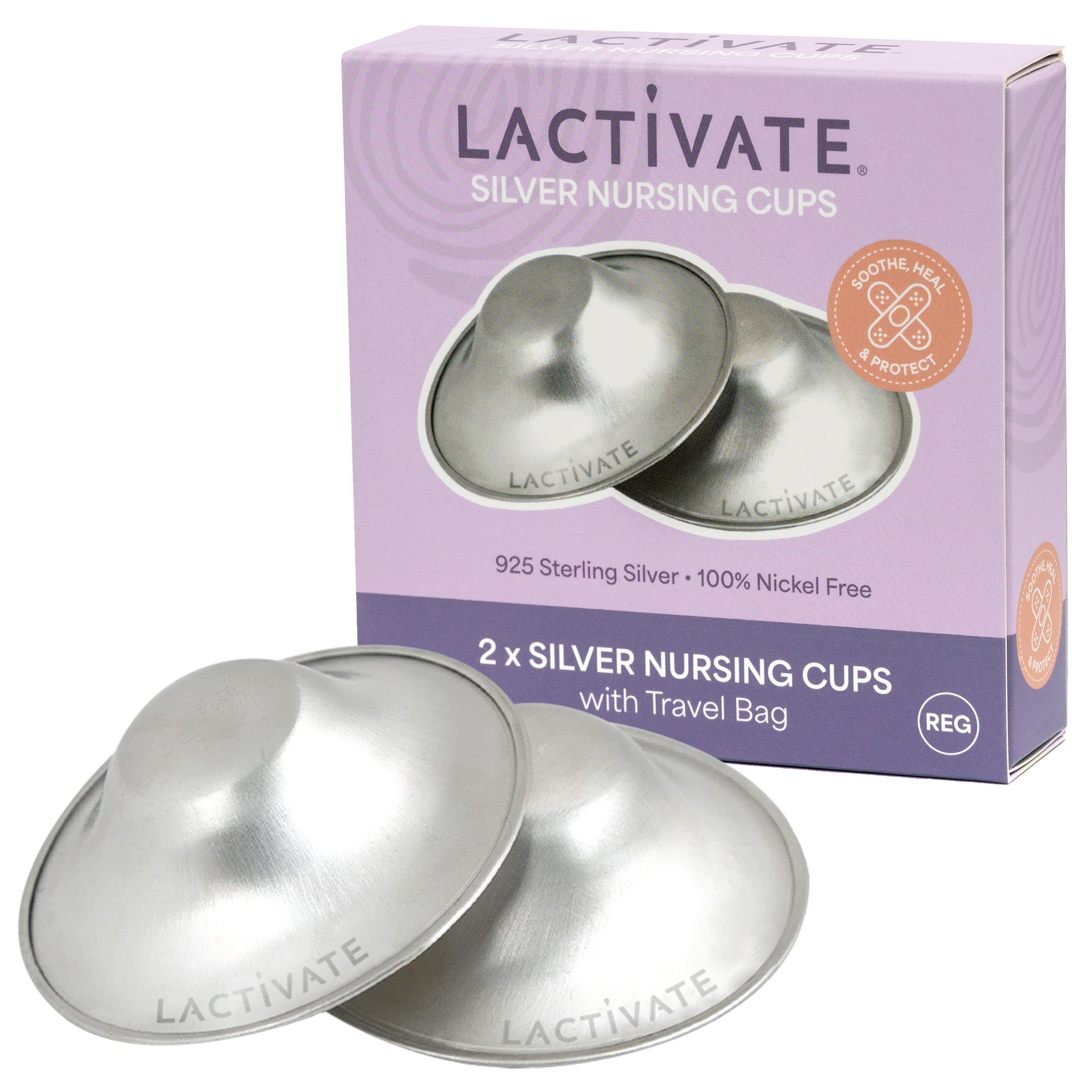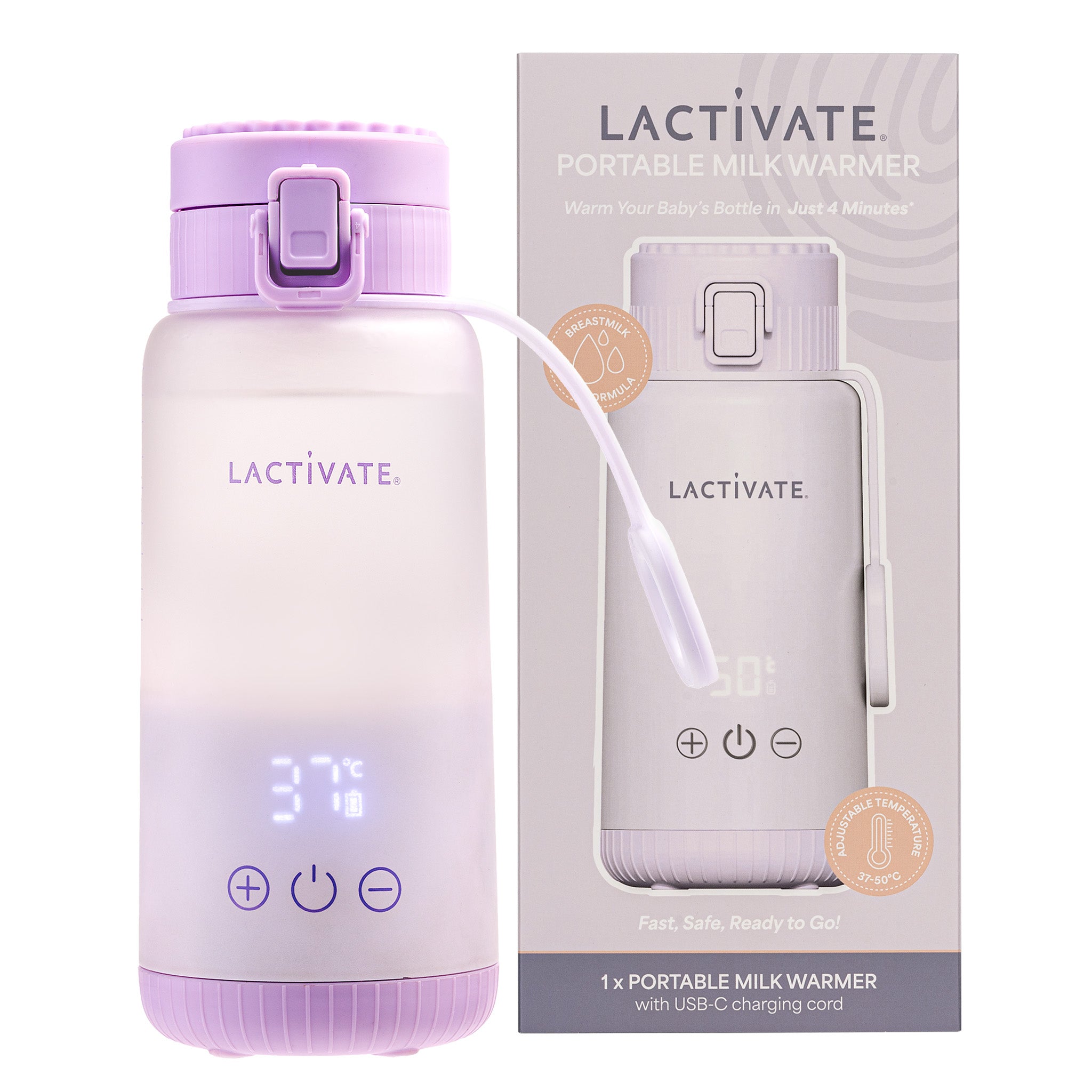Welcoming a new baby into the world is kind of a big deal. Beautiful, yes. Overwhelming? Also yes. Between the healing, the (constant) feeding, the cuddles, and the sleep (or lack of), the early postpartum period can be a whirlwind of emotions and adjustments.
And in the middle of it all, many new mums find themselves amid a whole new set of expectations: those of everyone who wants to meet the new baby. Whether it’s visitors turning up unannounced or family members offering ‘help’ (that’s not actually that helpful), navigating life with your new plus-one can sometimes feel tricky and one of the reasons why setting healthy boundaries can be both necessary and important.
Here’s how to protect your time, space and energy, no guilt-trip necessary
Why boundaries matter: It’s not just about “being left alone”
In those first few days and weeks after birth, your body is in full recovery mode. Whether you’ve had a vaginal birth or a C-section, your body has done something incredible, and it needs time to rest and heal. Add to that the hormonal rollercoaster, learning breastfeed, adjusting to new rhythms, and bonding as a little family… it’s a lot.
Setting boundaries during this time is about giving yourself the best chance to:
-
Heal physically without the pressure to “host” or entertain.
-
Bond emotionally with your baby in your own rhythm and pace.
-
Protect your mental health, which is just as important as the physical side of recovery.
It’s not selfish. It’s smart.
Common boundaries mums might set (and yes, you’re allowed to have these!)
Every family is different, and every mum has their own comfort levels. Some women may find that they want or need regular visits from those closest to them while others may find a constant stream of people exhausting. Working out what works best for you is key. Some boundaries you may want to consider include:
-
Visitor limits: Maybe you only want one short visit per day. Or none in the first week. Or only from close family or friends.
-
No surprise visits: A quick “just popping in” text might seem harmless, but when you haven’t showered in two days and your baby just fell asleep on your chest? Not ideal and sometimes incredibly stressful.
-
No baby-pass-the-parcel: If you’d prefer that visitors not hold bub, especially in cold/flu season, that’s okay. Ask them to wash hands, or simply say, “We’re keeping baby cuddles to mum and dad for now.”
-
Phone etiquette: You’re not obligated to reply to every “how’s the baby?” text within five minutes. It’s okay to go silent for a bit while you find your feet.
-
Asking for the right help: Want someone to fold washing while you feed the baby? Or drop off a lasagne instead of holding the baby? Say it. Let people help your way.
Speak to your partner or other support person about your boundaries and what you do and don’t feel comfortable with. It helps when everyone is on the same page. Loop them in early, even before birth and discuss what you want and/or need. For example, ask your partner to manage the visitor schedule and respond to requests to pop by. Ask your mum to help screen calls or texts if you’re feeling overwhelmed. And let friends know ahead of time what your preferences are so that they can support you in the best way possible.
How to say ‘no’ (without the guilt)
It can feel hard to say no, especially to well-meaning family or friends. But here’s the thing: you can set a boundary and still be kind, warm, and appreciative. Here are some go-to phrases that might help:
-
“We’re taking a few days to settle in as a family, but we’ll let you know when we’re ready for visitors.”
-
“We’d love a visit next week! Would XYZ work for you? We can confirm the time a little bit closer to the day once we know how things are going.”
-
“Thanks for checking in. We’re laying low and focusing on rest, so replies are a bit slow.”
-
“We’re keeping visits short while we find our groove — thanks for understanding.
Sometimes, the tone does the talking. A gentle voice, a smile, and a clear message can go a long way.
And if people ask what they can do to help (and you feel comfortable doing so), tell them! Whether it’s picking up a click-and-collect order or dropping off a takeaway coffee, friends and family will likely want to do what they can to help as you adjust to new parenthood (and sleep deprivation).
Boundaries aren’t rude (they’re self-care)
If you’ve ever felt like you need to explain or justify your boundaries, know this: you don’t. Saying “no” or “not yet” or “this is what works for us” isn’t ungrateful or dramatic, it’s honest. And it’s protective. In fact, setting boundaries often helps you feel more connected to those around you, because when people respect your needs, it deepens trust and understanding. And when you’re not stretching yourself too thin, you’ve got more capacity for the things (and people) who matter most.
Just remember, you’re allowed to rest. You’re allowed to bond. You’re allowed to say “not today.” You’re allowed to create space that feels safe, slow, and sacred. Setting boundaries doesn’t mean you’re pushing people away, it means you’re prioritising what matters most: your health, your baby, and your family.
So if you need a little reminder? You don’t need permission. You’re the mum. You get to choose what feels right. You’ve got this mama!



